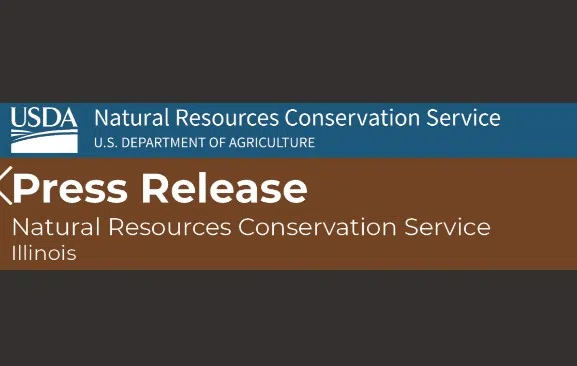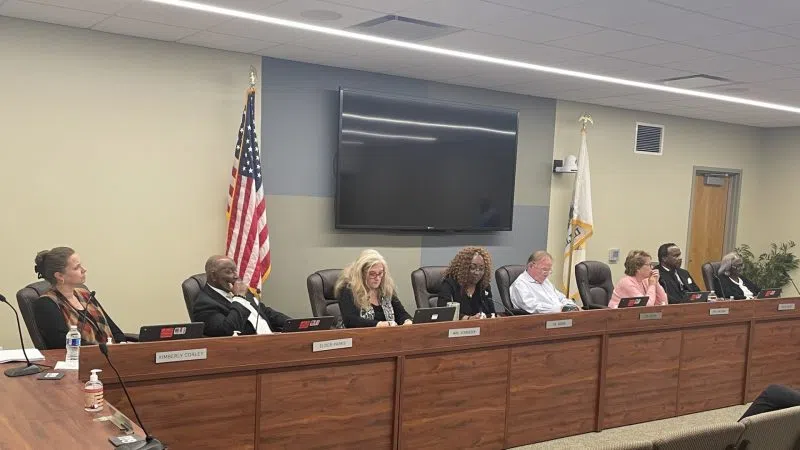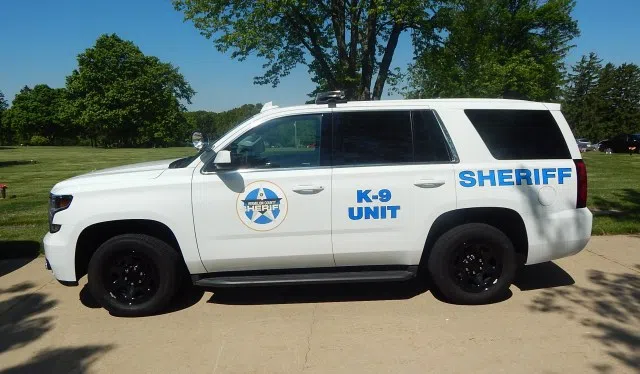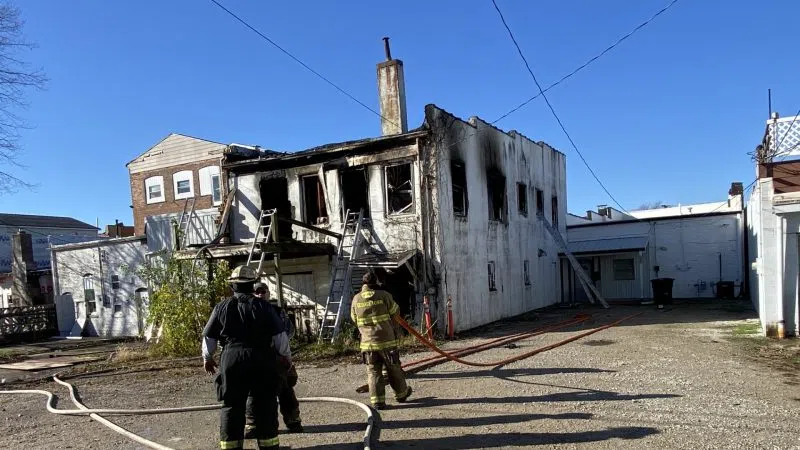THE FOLLOWING IS A NATURAL RESOURCES CONSERVATION SERVICE RELEASE
CHAMPAIGN, IL – November 12, 2024 — The U.S. Department of Agriculture (USDA) is seeking public input by December 23, 2024, on how to improve conservation practice standards to maximize climate change mitigation and adaptation benefits, as supported by peer-reviewed scientific literature. Conservation practices providing climate benefits are delivered through existing USDA Natural Resources Conservation Service (NRCS) conservation programs popular with producers, like the Environmental Quality Incentives Program (EQIP), Conservation Stewardship Program (CSP), Agricultural Conservation Easement Program (ACEP), and Regional Conservation Partnership Program (RCPP) as well as NRCS technical assistance. The Inflation Reduction Act, part of President Biden’s Investing in America agenda, and Farm Bill provide funding for these programs.
“Agricultural producers are on the front lines of climate change, and we want to hear from the public how we can improve our conservation practice standards to best serve our producers in climate mitigation and adaptation in the years to come,” said NRCS Chief Terry Cosby.
Specifically, NRCS is asking for public input on improvements that can be made to conservation practice standards for:
Mitigation: to maximize climate benefits for practice standards currently considered Climate-Smart Agriculture and Forestry Mitigation Activities as well as on any other practices and innovations; and to support the agency’s estimation of the mitigation benefits associated with the practice standards; and
Adaptation: to assist producers in adapting to and building resilience to current and future climate changes, such as seasonal temperature shifts and extremes, drought, increasing wildfire hazards, sea level rise, movement of invasive species and other issues.
While NRCS welcomes comments on all practices through this request for information, as a priority, the agency is requesting input on several conservation practice standards that are at the beginning of their five-year review process, including:
- Waste Storage Facility;
- Brush Management;
- Herbaceous Weed Treatment;
- Soil Carbon Amendment;
- Prescribed Burning;
- Roofs and Covers;
- Fuel Break;
- Wildlife Habitat Planting;
- Drainage Water Management;
- Nutrient Management;
- Feed Management;
- Waste Separation Facility;
- Restoration of Rare or Declining Natural Communities; and
- Forest Stand Improvement.
The agency also asks for input for the following practices up for review but not currently on the Climate-Smart Agriculture and Forestry Mitigation Activities list:
- Animal Mortality Facility;
- Waste Facility Closure; and
- Denitrifying Bioreactor.
NRCS will use information to identify and prioritize improvements that can be made to the conservation practice standards or associated technical guidance. NRCS will look to identify immediate changes that can be implemented for funding available for fiscal year 2026 and will continue to identify and adopt additional changes in future years.











